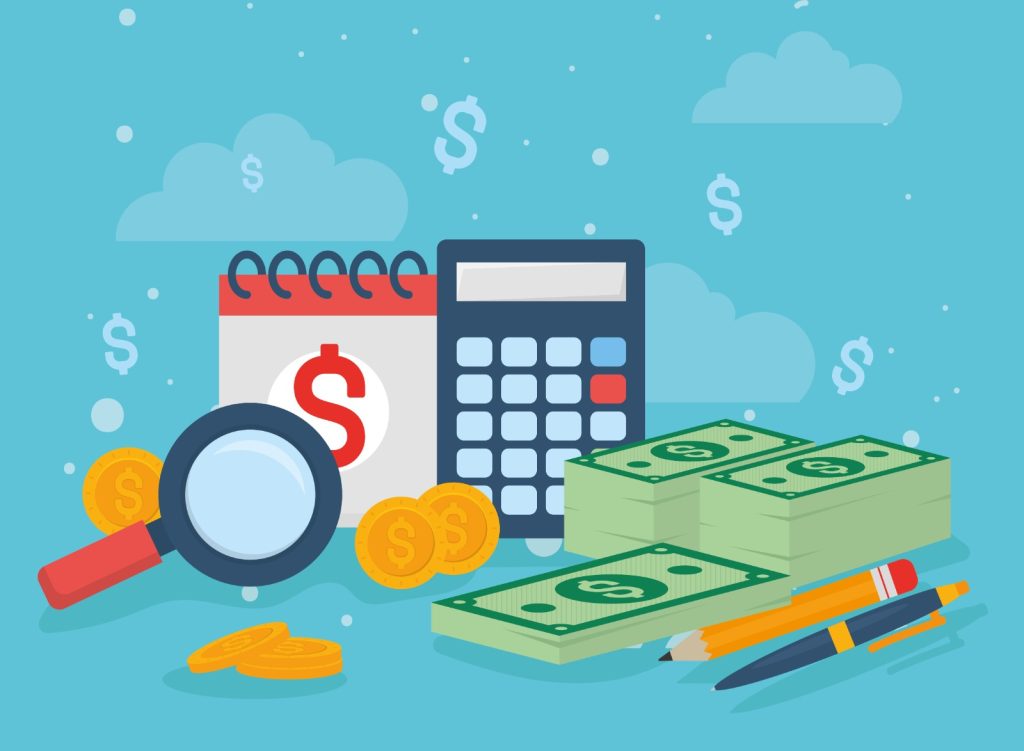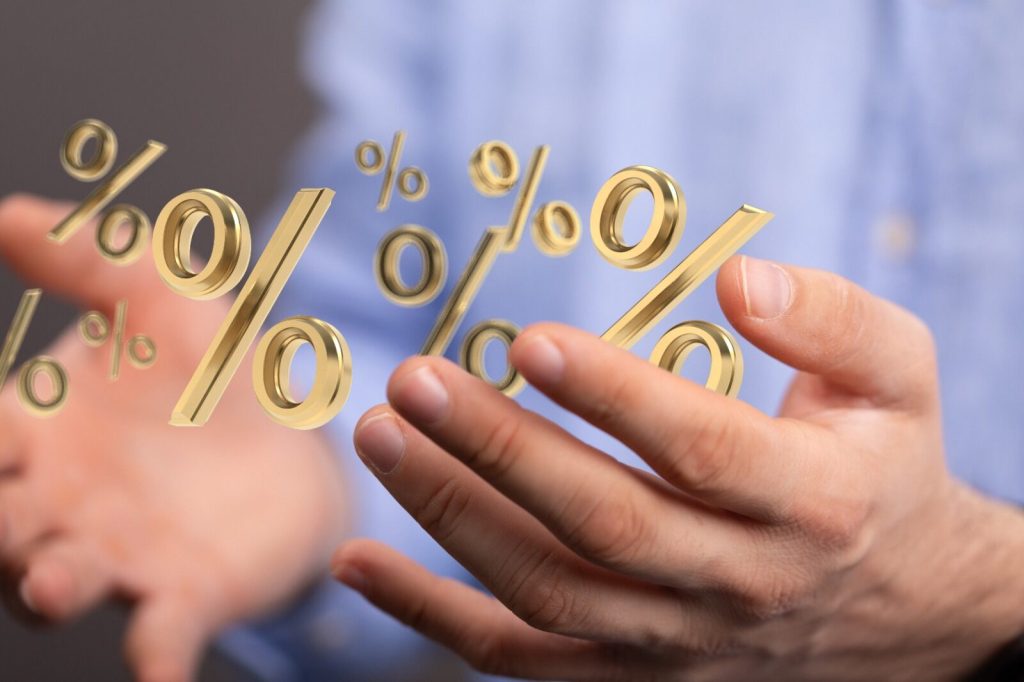VAT
The Sales Tax in Colombia is known as VAT, this tax is levied on sales of goods and services in the country and is an indirect tax because it applies to all persons equally, i.e., it does not depend on the income level of each person.
Currently, the rate of this tax is 19%, however, there are some exceptions in which this tax may be lower or not applied on the sale of a good or service.
Companies and individuals who sell a good or service must charge VAT, declare it and pay it on a monthly basis to the National Tax and Customs Directorate (DIAN).
Origin of this tax
The creation of this tax was due to the need to diversify the government’s sources of income because, previously, these depended mostly on direct taxes such as income tax, which depended on the income level of each person and was therefore disproportionate as the government’s main source of income.
VAT is an important source of revenue for the government, accounting for approximately 50% of total tax revenues.
This tax began to be levied in the country in 1983 and its implementation was the result of a tax reform, it started with a rate of 10% and was applied to almost all goods and services.


Products and Services
This tax was subject to several modifications through which the value of the rate and the products and services to which it applies were changed.
Some products and services that are exempt from VAT or at a reduced rate include:
- Basic foods that are part of the family food basket, such as milk, eggs, rice, bread and beans.
- Medicines and personal hygiene items.
- Medical and dental services.
- Some education services.
- Products and services for people with disabilities.
- Some cultural and artistic goods such as books, newspapers and tickets to museums and cultural events.
The list of these goods and services can be found in Articles 476, 477 and 478 of the Tax Statute.
VAT is charged at each stage of the production and commercialization chain of a good or service, i.e., each company participating in the chain must charge and collect the corresponding VAT on each sale, so each invoice must include the value of VAT in the value charged.
Companies that sell goods and/or services taxed with VAT must collect and pay the tax collected to the DIAN on a monthly basis.
However, they are entitled to claim a tax credit for the VAT paid on the acquisition of goods and/or services used in the production or commercialization of the goods and/or services offered by the company, thus reducing the value corresponding to the VAT payable to the DIAN, which may impose penalties and fines on companies that fail to comply with their tax obligations with respect to this tax.
References
- Sales tax | Gerencie.com. (n, f.). https://www.gerencie.com/impuesto-a-las-ventas.html#Bienes_exentos_del_impuesto_a_las_ventas
- Decree 624 of 1989 – Tax Statute. (1989, March 30). Senate Secretariat. http://www.secretariasenado.gov.co/senado/basedoc/estatuto_tributario.html
If you need more information or require legal advice, please contact us.



